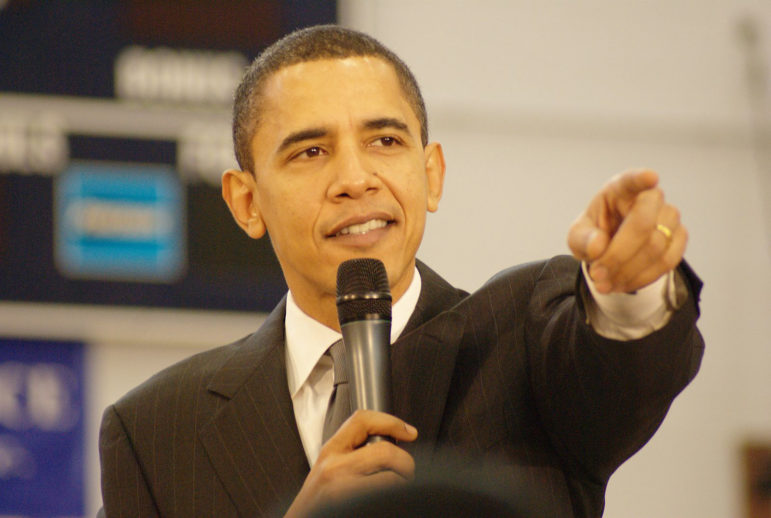
August 3, 2016; Think Progress
On Wednesday, President Obama broke a record by issuing 214 commutations in one day. The previous record was set in 1935, when President Franklin Roosevelt issued 151 commutations in one day for immigration-related offenses.
Reflecting changing attitudes about criminal justice and mass incarceration, it is perhaps unsurprising that President Obama would have commuted the sentences of more prisoners than any other president—but the fact is, he has commuted more sentences than the past nine presidents combined.
But is that sufficient?
On a very immediate and practical basis, Obama has a ready pool of potential candidates for commutation in those sentenced under mandatory drug sentencing laws. These laws resulted in the incarceration of large numbers of people for nonviolent offenses, and the details and application of the laws, despite the attempt to standardize, resulted in a race-based overcharging and excessive sentencing of African Americans.
The times then are ripe for this kind of a commutation push, but the comparisons against other presidents are less important than Obama’s own commitment under the Clemency Project, which was to shorten 10,000 sentences through pardons and commutations—and he is a long way from getting that done.
Sign up for our free newsletters
Subscribe to NPQ's newsletters to have our top stories delivered directly to your inbox.
By signing up, you agree to our privacy policy and terms of use, and to receive messages from NPQ and our partners.
It’s important to note the distinction between pardons and commutations. In the words of Michael Waldman, executive director of the Brennan Center for Justice at the NYU School of Law, a “pardon wipes out the conviction while a commutation leaves the conviction intact but wipes out the punishment.” Commutations don’t affect an individual’s criminal record, but they cause the penalty to be reduced.
In a March article, VOX questioned the increasingly daunting shortfall of commutations or pardons against goal, and attributed the problem to a lack of adequate resources and blockades in the administration.
A link in that article takes us to the resignation letter submitted by Deborah Leff, who was spearheading the initiative for the administration; but, as we wrote in 2014, this was an effort that included many nonprofits and volunteers as well who were to help vet and feed potential cases to the Office of Pardons. The Clemency Project 2014 was a working group composed of the Federal Defenders, the American Civil Liberties Union, Families Against Mandatory Minimums, the American Bar Association, and National Association of Criminal Defense Lawyers.
In a White House blog post, Neil Eggleston wrote, “I expect the president will continue to grant clemency but that the process and its outcomes are unequal to the task.”
“The individual nature of the clemency process underscores both its incredible power to change a person’s life, but also its inherent shortcoming as a tool for broader sentencing reform,” Eggleston said. “While we continue to work to act on as many clemency applications as possible, only legislation can bring about lasting change to the federal system.”
The fact is that once a person has been convicted, the bar that will be set to release them will end up being high if only because of political considerations, as evidenced by the Willie Horton case. Will the President make a more bold attempt to meet the original intentions of this effort, or will this initiative fall far short of the outcomes that the times and the hard work of its multiple nonprofit partners warrant?—Ruth McCambridge












